Energy Minister Josh Frydenberg: ‘Investment in clean energy means more supply and lower prices’
ENERGY Minister Josh Frydenberg has defended Chief Scientist Alan Finkel’s Clean Energy Target that has left Coalition MPs divided.
NSW
Don't miss out on the headlines from NSW. Followed categories will be added to My News.
- PM Malcolm Turnbull faces Clean Energy revolt
- Chief scientist’s green scheme could save households hundreds
ENERGY Minister Josh Frydenberg has defended Chief Scientist Alan Finkel’s Clean Energy Target in the wake of a ferocious backbench revolt.
In an interview with The Daily Telegraph, Mr Frydenberg put the case forward for why action to lower emissions is necessary, insisting it will lower the price of household electricity bills.
“Our primary concern now is how do we get electricity to be more affordable, because we’ve seen gas triple in price over the last five years,” Mr Frydenberg said.
“We’ve seen some major businesses with their electricity bills doubling in the contracts they are tendering, and of course this is putting great pressure on out manufacturing industries and on households.”
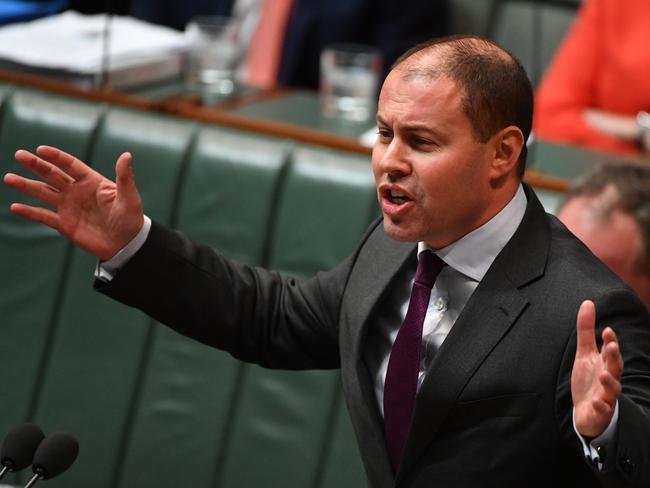
The minister said one of the major obstacles in the transition to a lower emissions future was the lack of a certain regulatory environment, discouraging investment in clean energy.
“More investment means more supply and more supply will mean lower prices,” he said.
Yesterday, NSW Liberal MP Craig Kelly, the chair of the Coalition’s energy and environment committee, said history has shown investing in renewables only results in higher prices.
Prime Minister Malcolm Turnbull is staring down backbench unrest over the proposed Clean Energy Target, with at least 22 Coalition MPs raising concerns in a closed partyroom meeting last night.
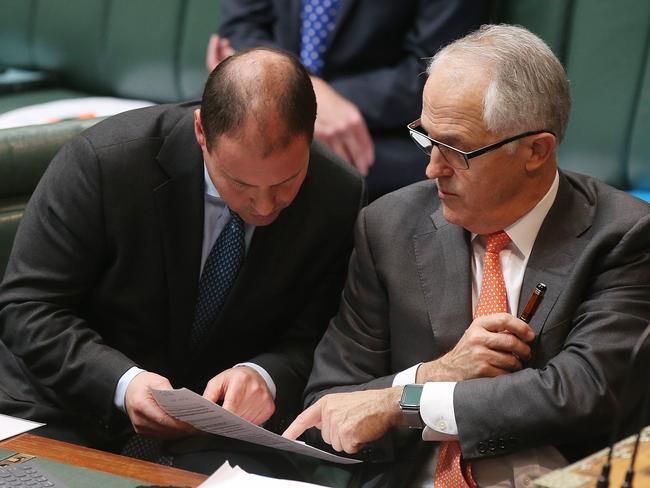
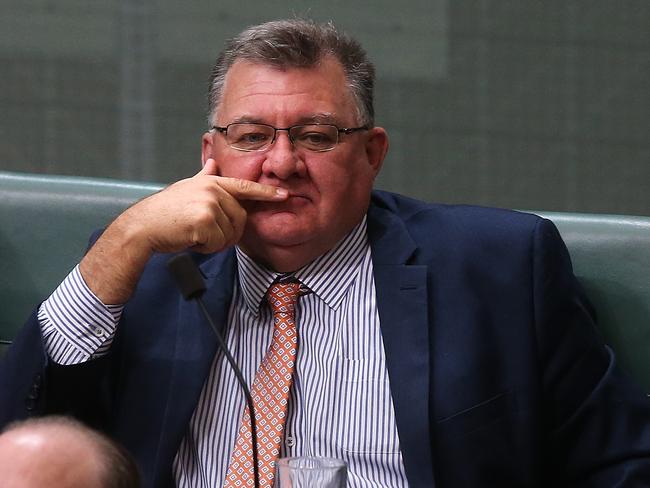
In a marathon meeting that required a second sitting lasting over three hours, former PM Tony Abbott was among a group Liberal and National MPs who queried the chief scientist’s proposal in various degrees of ferocity.
The energy policy — which would see electricity prices fall by $90 a year — is politically sensitive for Mr Turnbull, who lost the Liberal leadership in 2009 after committing to an emissions reduction scheme.
The others including Victorian MP Kevin Andrews, West Australians Rick Wilson, Andrew Hastie, Chris Back and Ben Morton, South Australian Tony Pasin and Nationals Ken O’Dowd, Bridget McKenzie, Mark Coulton, Andrew Broad, George Christensen and Andrew Gee raised concerns about the proposals.
About 11 MPs were stridently against those recommendations. Mr Abbott on Monday said it was “effectively, a tax on coal”.
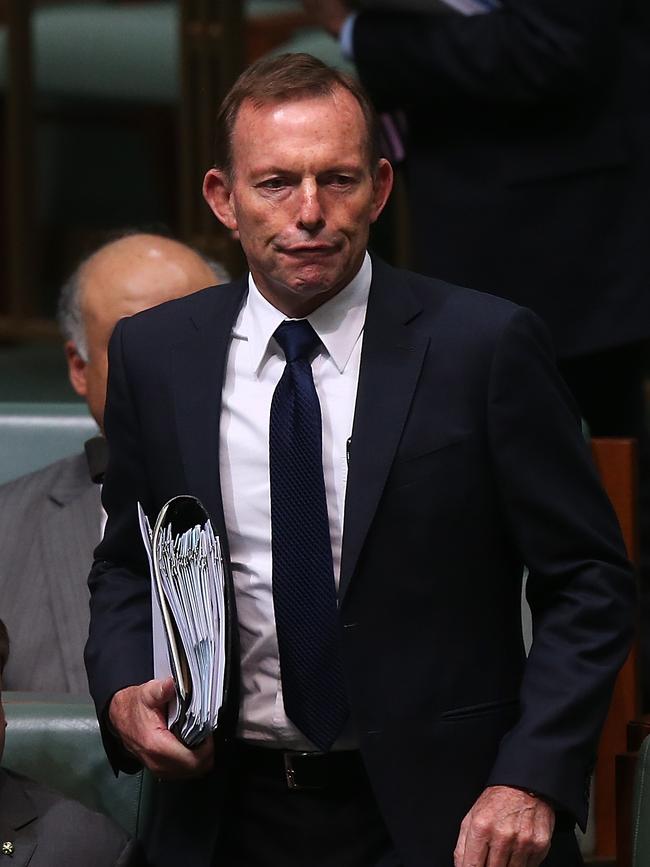
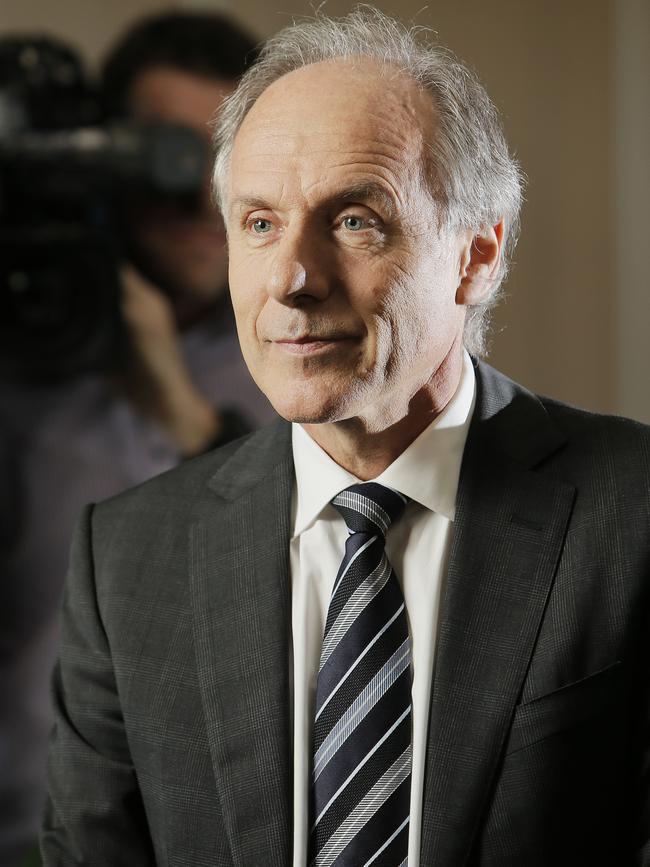
But on Monday Mr Turnbull rejected that characterisation. He said the proposal would “not penalise coal, it does not prohibit the construction of a coal-fired power station”.
“What (Dr Finkel) seeks to do there is to provide incentives for lower emission technologies including but not exclusively renewables,” he said.
Some MPs raising concerns were not opposed to a scheme, with several referring to the Finkel report as a good starting point for an energy policy which could be strengthened with changes.
The Clean Energy Target would replace the current renewable energy target by 2020 as part of Australia’s commitment to reach the emissions cuts in the Paris climate agreement.
Labor is open to the plan, but any move to accommodate more coal power would jeopardise that support.



